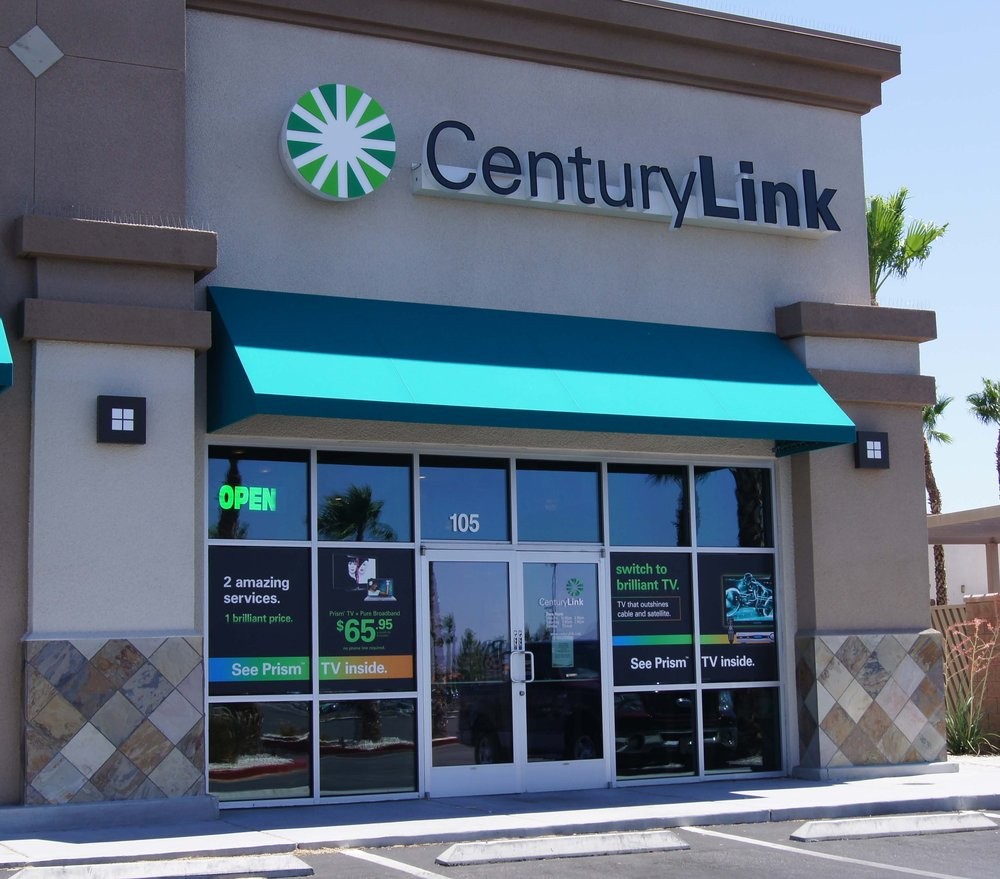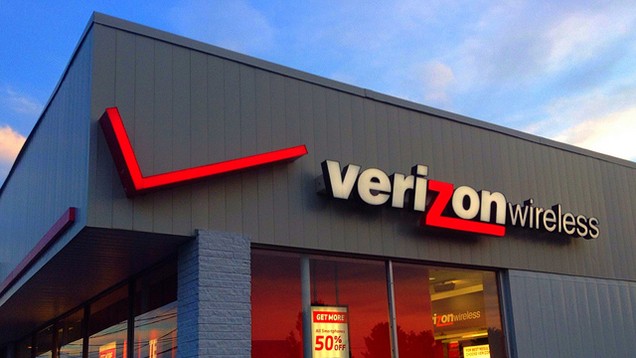The FCC has confirmed that landline operators can now offer robocall-blocking technology to their users, but most of them have chosen not to do so. Recently, a petition has been filed where more than 500,000 customers have signed and sent their complaints to the company. This act is hoping to find a solution for the customers fed up with unwanted interruptions.
As part of its current End Robocalls campaign, CU dragged plenty of boxes of petition pages to the CenturyLink’s front door at their office in Phoenix.
“What we wanted to do is deliver a petition from over half a million people, calling on CenturyLink to provide customers with free and effective tools to end robocalls,” explained Tim Marvin, who has headed up the anti-robocall campaign for CU.
“My husband and I are retired, so when we start getting calls at eight in the morning it’s very disruptive,” said Sarah, a CenturyLink customer who was on hand for the petition delivery. “My mother is 100 years old, and she gets the same call every day. She’s tried and tried to get them to stop, but they won’t.”
Marvin said, “Everyone receives robocalls.” Particularly pointing out that the Federal Communications Commission alone has received more than 3.5 million complaints about the issue last year. This statistic has evolved gradually after noticing that consumers take a lot of time to file a complaint with the regulators. While the option of the Do Not Call list and strict FCC rules prohibits multiple unwanted autodialed and various pre-recorded calls, most robocalls are actually scammers that don’t care about any kind of violation.
There are plenty of options available with the telecom company that can help customers to cut down such calls, but the company has been constantly dragging their feet in offering the feature. In a recently explained statement, any sort of contact number blacklist can result in the occasional legitimate call being blocked. So the company has given the customers the ability to use some third party device to moderate any suspicious calls.
“The onus right now is on the consumer to navigate these complex problems,” explained CU’s Delara Derakhshani at a recent panel discussion on the issue. “The options are limited in their capability to block calls and they cost money. Consumers are being forced to pay for tools to block calls they shouldn’t be receiving in the first place.”
Marvin said this isn’t about making call-blocking mandatory, but about giving consumers a simple option to rid themselves of these likely illegal nuisance calls.
“What we want CenturyLink to do is start to provide some relief to that annoyance,” he explained outside the telecom company’s office. “CenturyLink has the technology and the ability to give people free and effective tools to block these robocalls before they even get to their houses. I think it’s an invasion of our privacy,” said CL customer Sarah, “and if CenturyLink has a way to stop them, I think they should.”
This is the second petition delivered to CU in a row. The End Robocalls Team knocked on Verizon’s DC office door few weeks back where the whole company decided to sit and discuss the problem with CU. AT&T customers can now expect to hear some good news from the subscribers regarding robocalls in the coming weeks.




